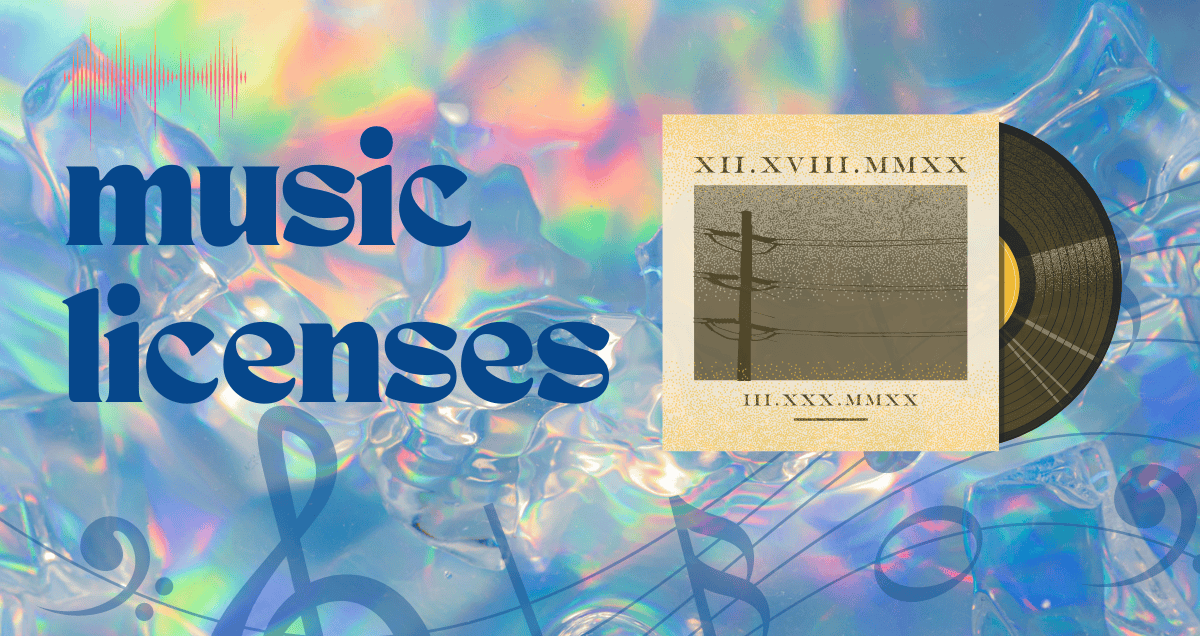There are different types of music licenses
How to license cover songs
A cover is when you sing a song using your music and voice. You can’t change the main tune or how the song is put together, according to copyright law.
You don’t need a license to put cover songs on streaming platforms. But if you want to sell them on download stores like iTunes, you need a mechanical license. You might need separate licenses for each country if you want to sell your covers there.
Here are some countries that need separate licenses for cover songs, along with links to get them:
USA: songfile.com
Canada: cmrra.ca or sodrac.ca
Mexico: emmacsacm.com.mx
Japan: jasrac.or.jp
India and Pakistan: Contact the rights holder directly
How to license remixes
A remix is when you change parts of the original song, like the tune, how it’s arranged, and the style.
License needed for remixes: Master License (for sharing worldwide)
If you’re remixing someone else’s song, the Master License you get will cover you for all music platforms and countries.
Master licenses are for the actual recording of a song, not the words or music.
Learn the right steps to release your remix legally.
Where can I get music licenses?
To make sure you’re following the rules and staying safe from any legal problems with copyright, do these steps:
- Find out who owns the original song’s copyright. You can start by looking at Songfile. If you can’t find it there, try other places like BMI, ASCAP, SESAC, or the US Copyright Office. Sometimes, you might need to contact the owner directly.
- Check that you’re using the right version of the song. There are lots of songs with similar names, like ‘Fantasy’, ‘Alive’, or ‘Lies’.
- Send a letter saying you want to use the song. This can take time, but companies usually handle this for you if you buy licenses from them. Just make sure to buy the licenses at least 30 days before you release your track.

